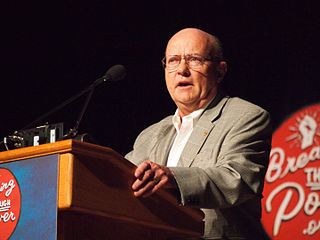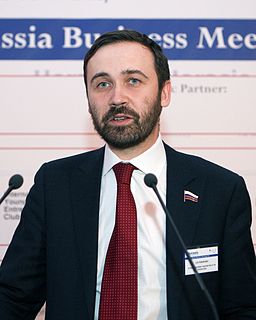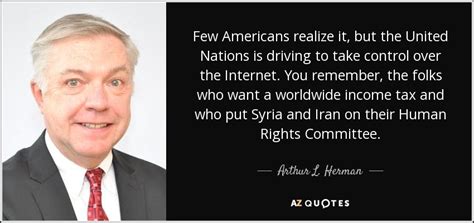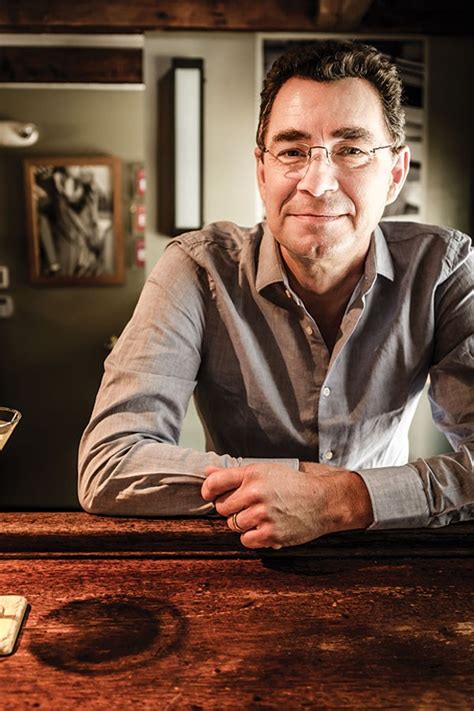Top 143 Snowden Quotes & Sayings - Page 3
Explore popular Snowden quotes.
Last updated on April 16, 2025.
Edward Snowden is anything but narcissist. In fact, I wonder every day how he could come up with the courage, muster the courage to sacrifice everything just so he could do, as he said in rather eloquent speech initially, alert the American people to what was going on. Call him a traitor, call him whatever you want to. The fact is he is a symptom of the disease, and the disease is constant war and the national security state. That is what we've become. That is our raison d'être in the world today, to wage war.
The government now requisitions the publics' telephone records and sifts through its emails. It labels whistle-blowers such as Edward Snowden as traitors, even though they have exposed the corruption, lawlessness and host of antidemocratic practices engaged in by established governments. Police can take DNA samples of all people arrested of a crime, whether they are proven guilty or not. The United States is incarcerating people in record numbers, imprisoning over 2.3 million inmates while 6 million people at any one time [are] under carceral supervision - more than were in Stalin's Gulag.
The situation they [journalists and Edward Snowden] were in was incredibly heightened. The stakes were high. There was a lot of pressure, a lot of tension, a lot of sense of claustrophobic, clandestine energy that I think was exhilarating for us to explore and recreate. We were fortunate to shoot a fair amount of our stuff at the actual hotel where it all happened in Hong Kong. That added another element of very similitude to the situation, so I feel like it was exciting.
If it was a biopic about Glenn Greenwald, I would have immersed myself more fully in his personal life and gotten to know him as much as I could, but because it was much more about his relationship to this particular situation, to The Guardian, to Laura Poitras, and to Ewen MacAskill, and Edward Snowden, I was able to really learn a lot about him from reading his book and reading his many articles and accounts of that time.
I think that there are excesses that exist in all societies. I won't say it's normal to have them, but it's natural to have them. I'm watching very closely ... what Snowden has done. I don't know him personally. I wanted to talk to him, but all of the security people didn't allow me to. But I think that he took the wrong approach to a very right thing which he was doing. Just the implementation was wrong. There was a clear platform to what he was doing, although of course that there were some mistakes made.
Snowden is not the disease. We don't have traitors or whistleblowers blooming all over because they are some sort of malady. The disease is war. We've been at war now and with no end in sight for over a dozen years, the longest in our history. War breeds tyranny. War breeds people who want to prosecute and persecute those who reveal that tyranny. So what we have is the government becoming more draconian - clearly understandable. It always does in a period of war. And as it becomes more draconian, more and more whistleblowers coming.
For a spy novelist like me, the Edward J. Snowden story has everything. A man driven by ego and idealism - can anyone ever distinguish the two? - leaves his job and his beautiful girlfriend behind. He must tell the world the Panopticon has arrived. His masters vow to punish him, and he heads for Moscow in a desperate search for refuge.
The government does not need to know more about what we are doing. We need to know more about what the government is doing. We should be thankful for individuals like Edward Snowden and Glenn Greenwald who see injustice being carried out by their own government and speak out, despite the risk. They have done a great service to the American people by exposing the truth about what our government is doing in secret.
I met Glenn [ Greenwald] briefly in 2009. We were both guests on Real Time With Bill Maher. I was the show's guest and he was on the panel. But this was before the Snowden stuff happened. I didn't have the opportunity to meet him in preparation for the movie, unfortunately, for various reasons. But I was able to dive into the main articles he's written, and interviews with him, and just the function that the character serves in the movie, that was enough for me.
A: Snowden has enough information to cause more damage to the US government in a minute alone than anyone else has ever had in the history of the United States. But that's not his goal. [His] objective is to expose software that people around the world use without knowing what they are exposing themselves without consciously agreeing to surrender their rights to privacy. [He] has a huge number of documents that would be very harmful to the US government if they were made public.
I think that Mr. Snowden raised some legitimate concerns. How he did it was something that did not follow the procedures and practices of our intelligence community. If everybody took the approach that I make my own decisions about these issues, then it would be very hard to have an organized government or any kind of national security system.
I've been recognized every now and then. It's always in computer stores. It's something like brain associations, because I'll be in the grocery store and nobody will recognize me. Even in my glasses, looking exactly like my picture, nobody will recognize me. But I could be totally clean-shaven, hat on, looking nothing like myself in a computer store, and they're like, "Snowden?!"
The Washington Post is and has been the greatest historic competitor of the New York Times. Half of me, though, the unselfish part of me that is just a journalist, is thrilled. I want newspapers to succeed. Let's take the Guardian, which is a new competitor in the digital age. Does it make me nervous that they compete with us and in fact beat us on the Snowden story? Yes. The part of me that's a competitive journalist and wants to fight and play says: bring them on! It's more fun that way.
Some say Edward Snowden is a hero and a patriot. Others say he's a fool and a traitor. The evidence is mounting that the guy who leaked the details about the National Security Agency's Internet-eavesdropping program may be something more sinister - namely, a willing tool in China's ongoing cyberwar against our nation.
We're in this amazing frontier of transparency. WikiLeaks. Edward Snowden. 'Westworld' is reflecting that with these robots gaining consciousness. Them coming into consciousness is almost like us, human beings, coming into the truth of the fact that government is corrupt. Police are corrupt. Banks are corrupt. Etcetera, etcetera.
I think America is less safe on a lot fronts, and I disagree with the release of the information from Dianne Feinstein. I think she's as much a traitor to this country at this point as I thought about Edward Snowden and his release of information about other investigations and abilities from an intelligence standpoint.
The fact that Edward Snowden didn't approach the New York Times hurt a lot. It meant two things. Morally, it meant that somebody with a big story to tell didn't think we were the place to go, and that's painful. And then it also meant that we got beaten on what was arguably the biggest national security story in many, many years. Not only beaten by the Guardian, because he went to the Guardian, but beaten by the Post, because he went to a writer from the Post. We tried to catch up and did some really good stories that I feel good about. But it was really, really, really painful.
I'm not an activist. I'm a filmmaker. I'm a dramatist. My strength is to tell a story, to find a way to tell a story that makes it exciting. Our Untold History was a huge challenge. Snowden was no piece of cake, because writing code and breaking code is some of the most boring stuff you've ever seen.
It certainly woke me up to how vulnerable we all are. I think I was much more cavalier about it before I started working on the movie [Edward Snowden], and then the more I read the documents themselves and saw just how sweeping and indiscriminate the intrusions into our privacy have been, it made me more aware.
There's a lot of important issues being brought to the world about America's role in proliferating weapons, about the lack of responsibility of anyone in authority in this country, you have the torture program, that NSA surveillance is Edward Snowden's fault, just like proliferation of weapons is these kids' fault. It's ridiculous, there's never any consequences, there's never any lessons learned.
Edward Snowden's real "crime" is that he demonstrated how knowledge can be used to empower people, to get them to think as critically engaged citizens rather than assume that knowledge and education are merely about the learning of skills - a reductive concept that substitutes training for education and reinforces the flight from reason and the goose-stepping reflexes of an authoritarian mindset.















